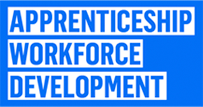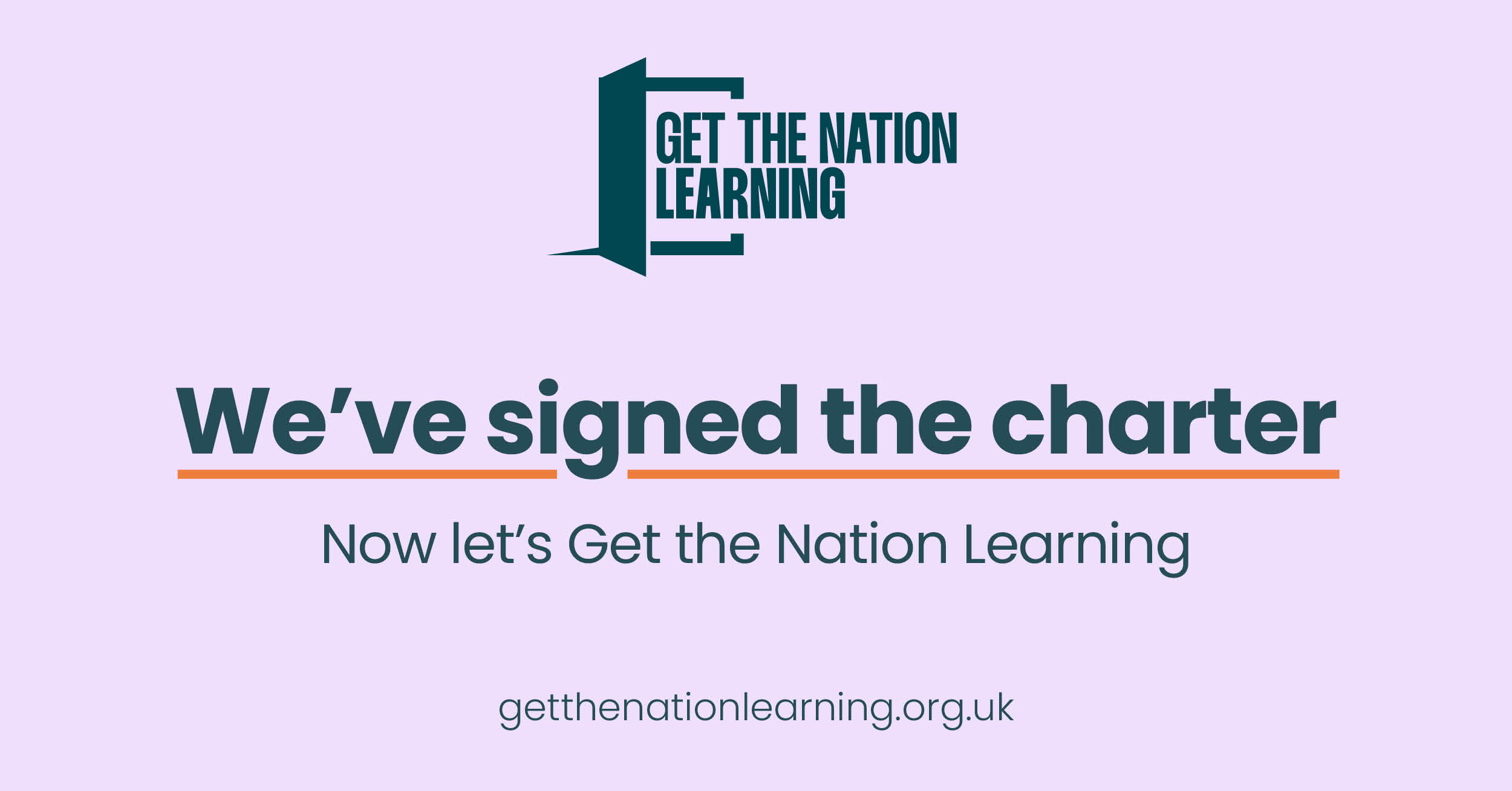Get the Nation Learning
UVAC is pleased to be supporting the Get the Nation Learning campaign launched this week by Learning and Work Institute . We’ve signed their campaign charter and committed to building a future where everyone can learn throughout life.
Learning and Work Institute launched the Get the Nation Learning campaign for a simple reason. When adults learn, our society and economy thrive. Growth, productivity, good work, resilient communities, fuller and richer lives. These are just some of the benefits lifelong learning can bring.
Read more about the campaign, and how you can get involved HERE
The Learning and Work Institute also published a ‘Lifelong learning and skills for longer lives report’ which sets out the findings of new research by L&W, funded by Phoenix Insights. This research set out to build an evidence base on the employment-related impact of lifelong learning on individuals, employers and the wider economy. The work included an evidence review, employer interviews and analysis of the UK Household Longitudinal Study and Longitudinal Education Outcomes datasets to identify the causal impact of learning.
Key findings include:
- -Lifelong learning was found to increase the likelihood of being in employment within two-and-a-half years of starting. The impact was substantially greater for individuals with no or low prior qualifications.
- There was a negative impact of learning on earnings for individuals with prior qualifications at level 2 and above, although this is likely just a short term impact. Most studies examined in the evidence review found a positive impact of lifelong learning on earnings in the longer term.
- Employers highlighted multiple benefits for employers of providing workplace learning, including contributing to employee retention; supporting recruitment; increasing innovation and productivity; and influencing employee morale and wellbeing.
- Lifelong learning was found to reduce the likelihood of being on benefits within two-and-a-half years of starting. Again, there was a more positive impact for individuals with no or low prior qualifications.
You can read the full report HERE
IN OTHER LATEST NEWS

1 days ago, Amanda Danells-Bewley

1 days ago, Amanda Danells-Bewley
NEWS BY CATEGORY
Get our latest news and events direct to your inbox - join our mailing list
Please enter your details below –


